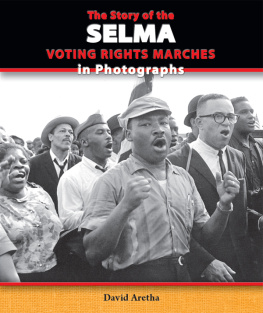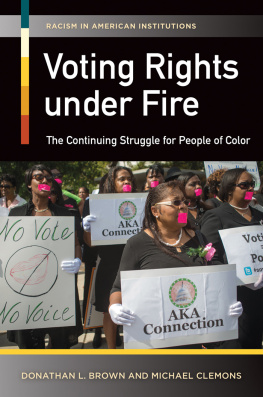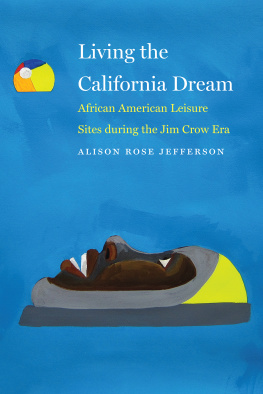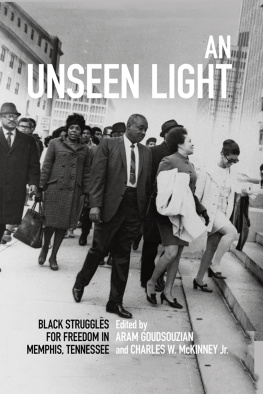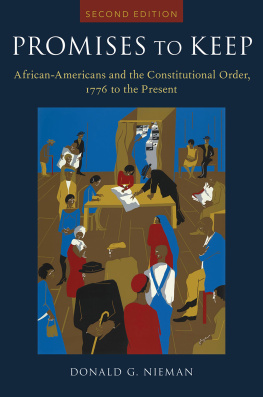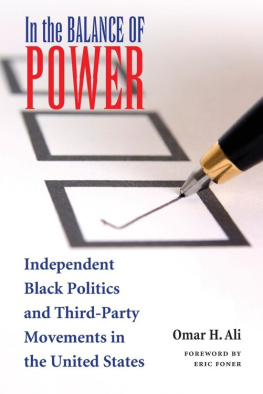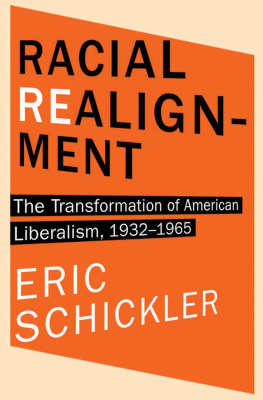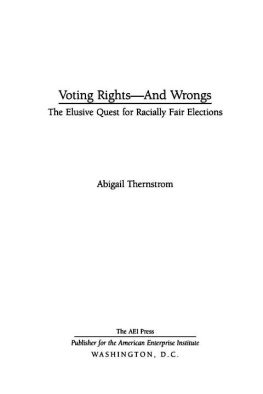Julian Maxwell Hayter - The Dream Is Lost: Voting Rights and the Politics of Race in Richmond, Virginia
Here you can read online Julian Maxwell Hayter - The Dream Is Lost: Voting Rights and the Politics of Race in Richmond, Virginia full text of the book (entire story) in english for free. Download pdf and epub, get meaning, cover and reviews about this ebook. year: 2019, publisher: University Press of Kentucky, genre: Politics. Description of the work, (preface) as well as reviews are available. Best literature library LitArk.com created for fans of good reading and offers a wide selection of genres:
Romance novel
Science fiction
Adventure
Detective
Science
History
Home and family
Prose
Art
Politics
Computer
Non-fiction
Religion
Business
Children
Humor
Choose a favorite category and find really read worthwhile books. Enjoy immersion in the world of imagination, feel the emotions of the characters or learn something new for yourself, make an fascinating discovery.

- Book:The Dream Is Lost: Voting Rights and the Politics of Race in Richmond, Virginia
- Author:
- Publisher:University Press of Kentucky
- Genre:
- Year:2019
- Rating:4 / 5
- Favourites:Add to favourites
- Your mark:
The Dream Is Lost: Voting Rights and the Politics of Race in Richmond, Virginia: summary, description and annotation
We offer to read an annotation, description, summary or preface (depends on what the author of the book "The Dream Is Lost: Voting Rights and the Politics of Race in Richmond, Virginia" wrote himself). If you haven't found the necessary information about the book — write in the comments, we will try to find it.
Once the capital of the Confederacy and the industrial hub of slave-based tobacco production, Richmond, Virginia has been largely overlooked in the context of twentieth century urban and political history. By the early 1960s, the city served as an important center for integrated politics, as African Americans fought for fair representation and mobilized voters in order to overcome discriminatory policies. Richmonds African Americans struggled to serve their growing communities in the face of unyielding discrimination. Yet, due to their dedication to strengthening the Voting Rights Act of 1965, African American politicians held a city council majority by the late 1970s.
In The Dream Is Lost, Julian Maxwell Hayter describes more than three decades of national and local racial politics in Richmond and illuminates the unintended consequences of civil rights legislation. He uses the citys experience to explain the political abuses that often accompany American electoral reforms and explores the arc of mid-twentieth-century urban history. In so doing, Hayter not only reexamines the civil rights movements origins, but also seeks to explain the political, economic, and social implications of the freedom struggle following the major legislation of the 1960s.
Hayter concludes his study in the 1980s and follows black voter mobilization to its rational conclusion -- black empowerment and governance. However, he also outlines how Richmonds black majority council struggled to the meet the challenges of economic forces beyond the realm of politics. The Dream Is Lost vividly illustrates the limits of political power, offering an important view of an underexplored aspect of the post--civil rights era.
Julian Maxwell Hayter: author's other books
Who wrote The Dream Is Lost: Voting Rights and the Politics of Race in Richmond, Virginia? Find out the surname, the name of the author of the book and a list of all author's works by series.

